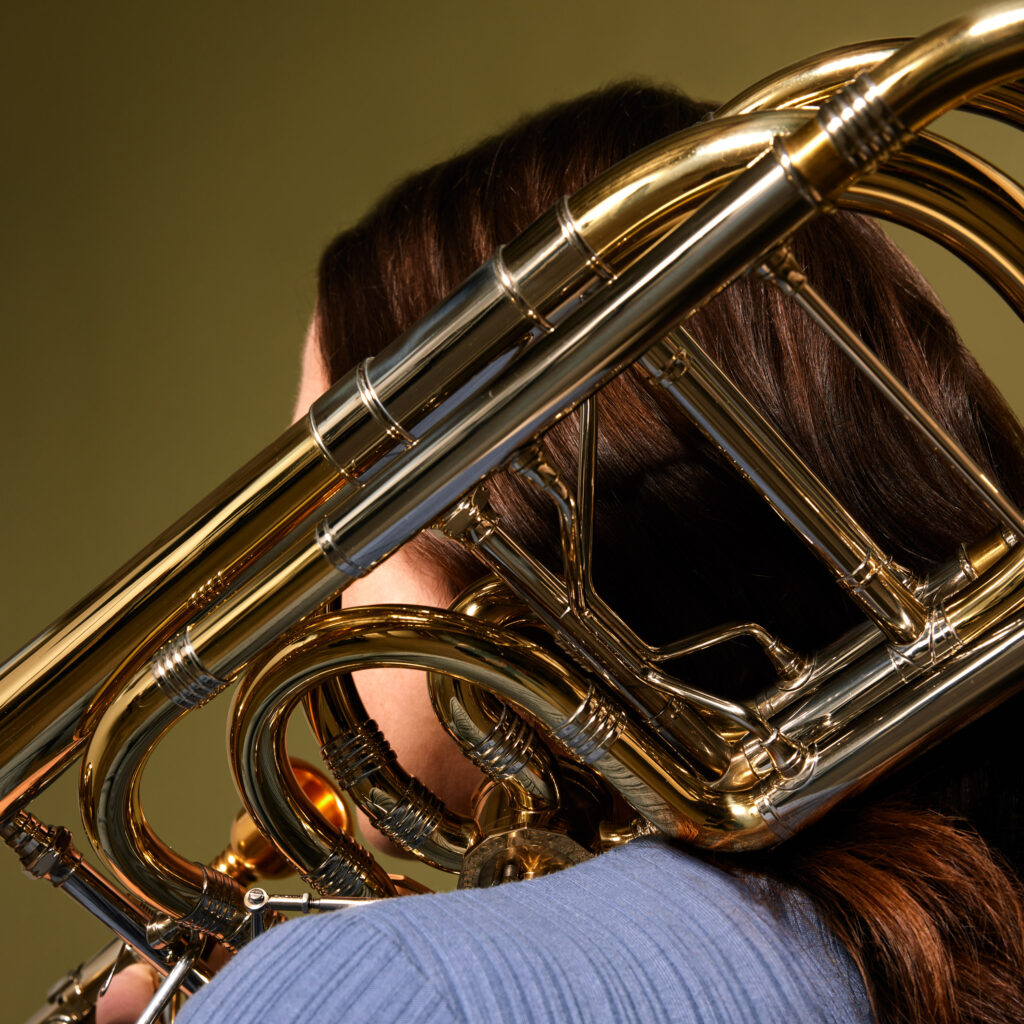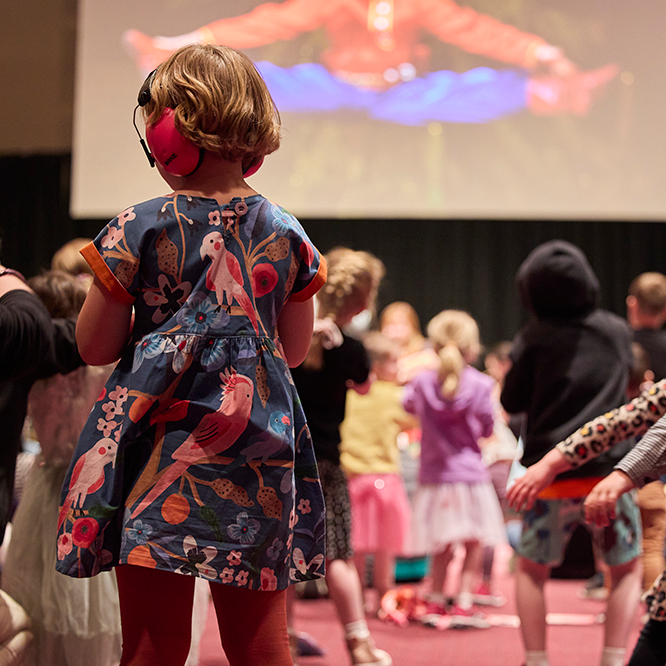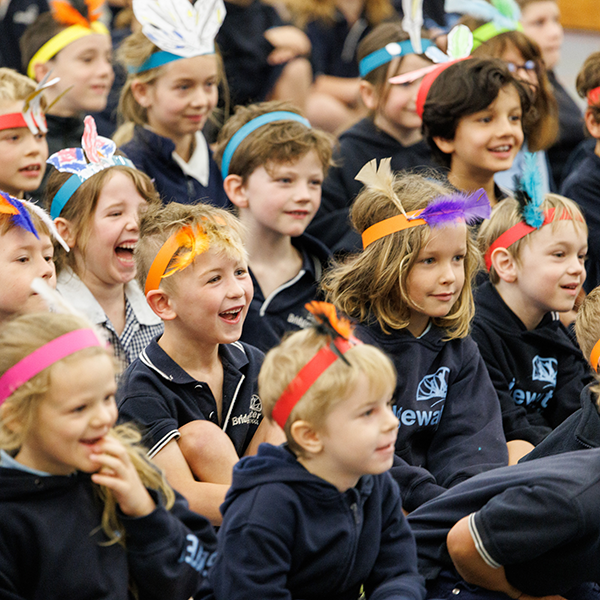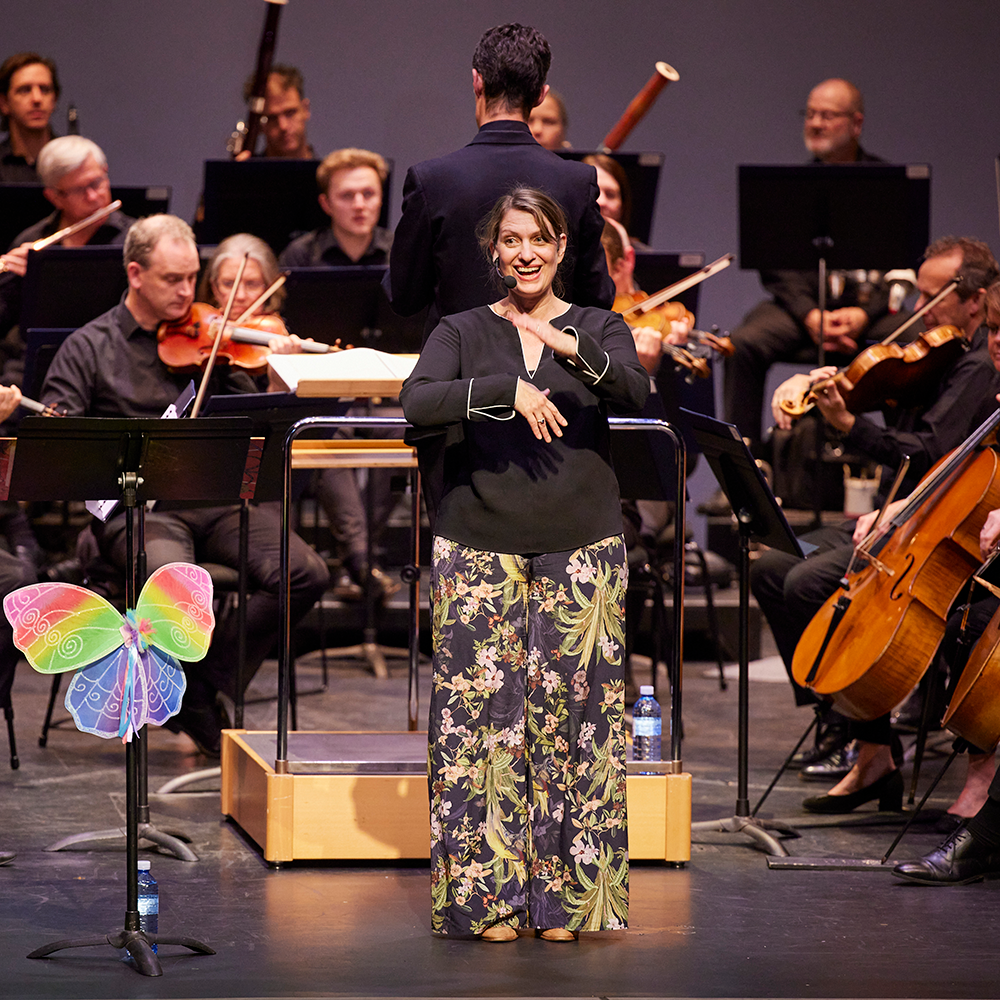5 minutes with… Grace Clifford
- Musician Spotlight
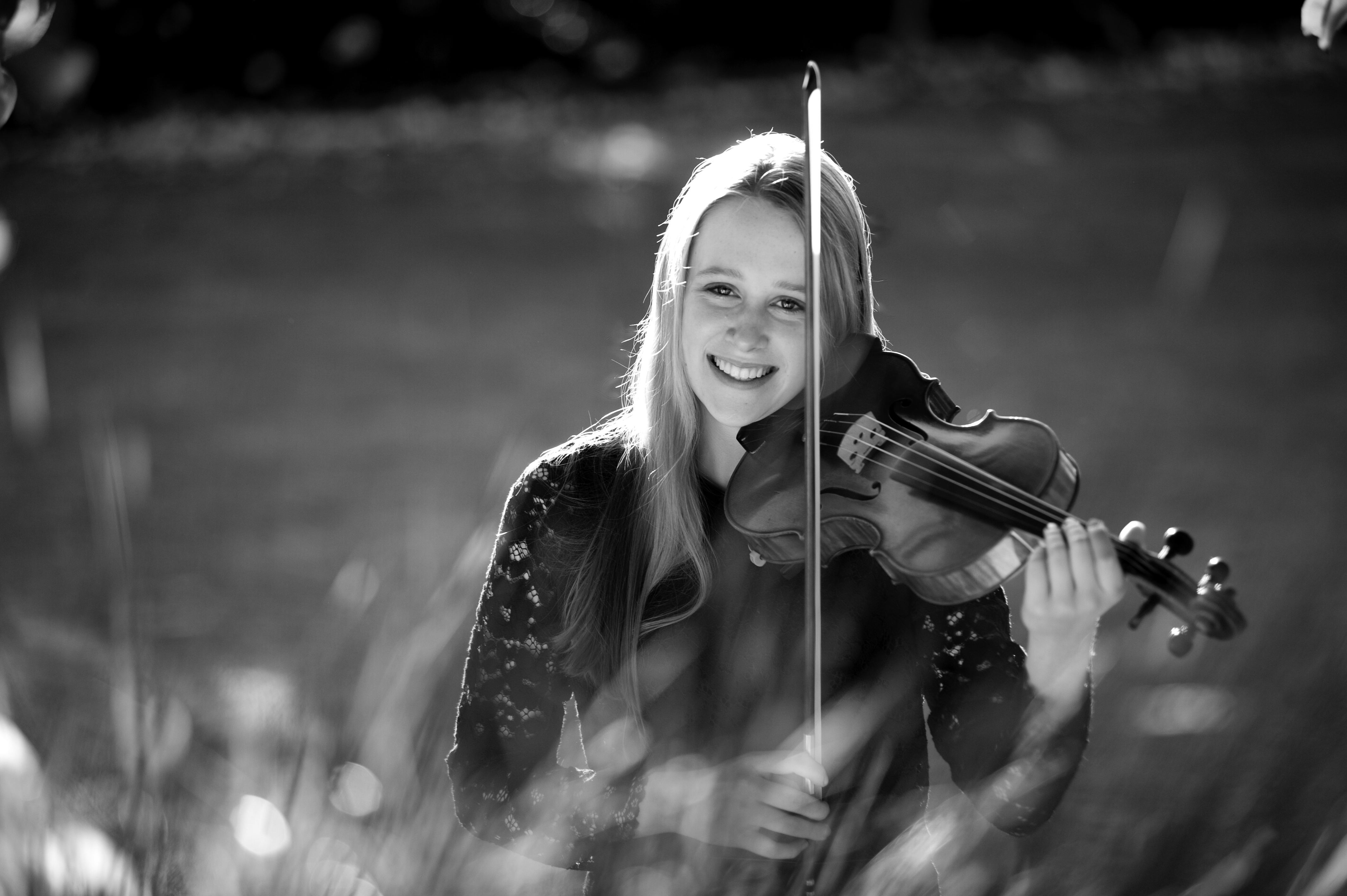
Grace Clifford is quickly gaining a reputation as one of Australia’s finest young violinists. At the age of 18 years old, Grace is currently in her third year of a Bachelor of Music degree at Curtis Institute studying with Pamela Frank and Ida Kavafian and immediately prior with the late Joseph Silverstein. She is our Emerging Artist in Association, and following Grace’s recent performance of the Sibelius Violin Concerto with Adelaide Symphony, Limelight Magazine maintains that:
Clifford’s depth of musical maturity is way beyond her years…apart from her musical refinement, is an incredibly talented musician who portrays an inner-calm of unusual quantity. She is also fortunate to have the ability to create refined, precise musicianship with a delightfully broad dynamic range, even on the high notes.
Christopher Wainwright Dec 2016
She performs with us at Faith & Beauty, 12 & 13 July at Adelaide Town Hall
What have you been up to this year? What have been your highlights, and are have you been working on?
In the last few months I have been enjoying playing a lot of chamber music, for an east-coast US tour with Miriam Fried and musicians from Ravinia’s Steans Music Institute and in Australia with Selby and Friends. This month I was playing Mendelssohn Concerto with the Malaysian Philharmonic, working again with Mark Wigglesworth, who I worked with for the first time last June here with ASO. It is a huge privilege to work with him.
I have just graduated from Curtis, and the last work I studied with my teacher Pam Frank was the Bach C major sonata. It was very meaningful for me to learn it with her.
How many hours a week do you spend playing violin?
It depends on the week. My tendency has been to spend long days in the practise room and yet feel frustrated – so my teacher Pam Frank has now instilled in me that it is how specifically and carefully one listens and identifies what is making something not speak, and not the time spent playing in the practise room, that determines the value of practise. It is hard to do and still a work in progress for me.
Musicians often describe their instruments as becoming an extension of yourself, do you agree or disagree and why?
Yes, in the best times the violin feels so much like a natural extension of oneself that it feels strange without it – like one’s singing voice. In frustrating times it can feel uncomfy or awkward – the posture to play is not the most ergonomic! – mostly if I am tense. Being so invested in one’s sound as both a personal voice and as an expression of the composer’s voice can make it the subject of many emotional ups and downs.
You are playing Dvořák’s Violin Concerto in Faith & Beauty. What does this piece mean to you?
Dvořák’s Concerto was the very first piece that I studied with Joseph Silverstein after I moved to Curtis, so it is steeped in memories of his gentle instruction and deep joy in music. These have left a lifelong impression.
Explain the challenges (or not) of this piece. What about the piece do you most enjoy?
Dvořák’s folk-like melodies speak so directly and with an unaffected honesty. I feel that he can grasp deep sorrow and joy in their most raw forms. I enjoy the dance-like rhythms, the rustic and the ethereal together… It is also written so symphonically, and comes alive with the scope and colours of the orchestra, which is a great joy. I find it very technically challenging to play, but most of all musically – after all they are co-dependent – because it is hard to feel comfortable enough to let go and be free in the way the music just must be.
Can you please describe your preparation for this piece/performance?
When re-learning a piece, my teacher Pam Frank (whose words are always reverberating in my ears and heart) encourages us to always turn to the score with as fresh eyes as possible. There are always new things in the score to see and hear, different ways to understand or imagine characters and phrases. It is more fun and more meaningful this way and there is the sense of wonder as if you are learning it for the first time again.
What do you prefer and why: performing as a soloist,or performing within the orchestra?
Both when playing as a soloist and when performing within an orchestra, I try to think and play as if it is large-scale chamber music. Chamber music is what I most enjoy; and both concertos and symphonies are, at their cores, chamber music too.
Finish this sentence: Music to me is… communication.
Who has influenced you most as a musician?
So many people, directly and indirectly and at different times. My teacher Pam Frank, and also Miriam Fried who I will begin studying with in September. Indirectly I love and have been deeply effected by many musicians..Nicholas Harnoncourt, Gidon Kremer, Leonidas Kavakos, and Leonard Cohen. My musician friends are very inspiring.
Describe the best thing about being a musician:
Music encompasses so many things. It is communication – with the composers, with audiences, with other musicians. Music demands of all of us an openness, a vulnerability, an honesty. These are so important in our lives. In listening to music there can be a true equality – we all reach to music from the same human place.
What’s your passion outside of the violin?
This is something I would like to work on. I am interested in many things but music has filled most of the last few years. I enjoy reading and writing and would love to keep studying literature.
What are you listening to at the moment (classical or otherwise)?
Kathleen Ferrier singing Schubert, Schumann and Brahms Lieder, Harnoncourt’s Beethoven Symphonies with the Chamber Orchestra Of Europe, Bach cantatas.
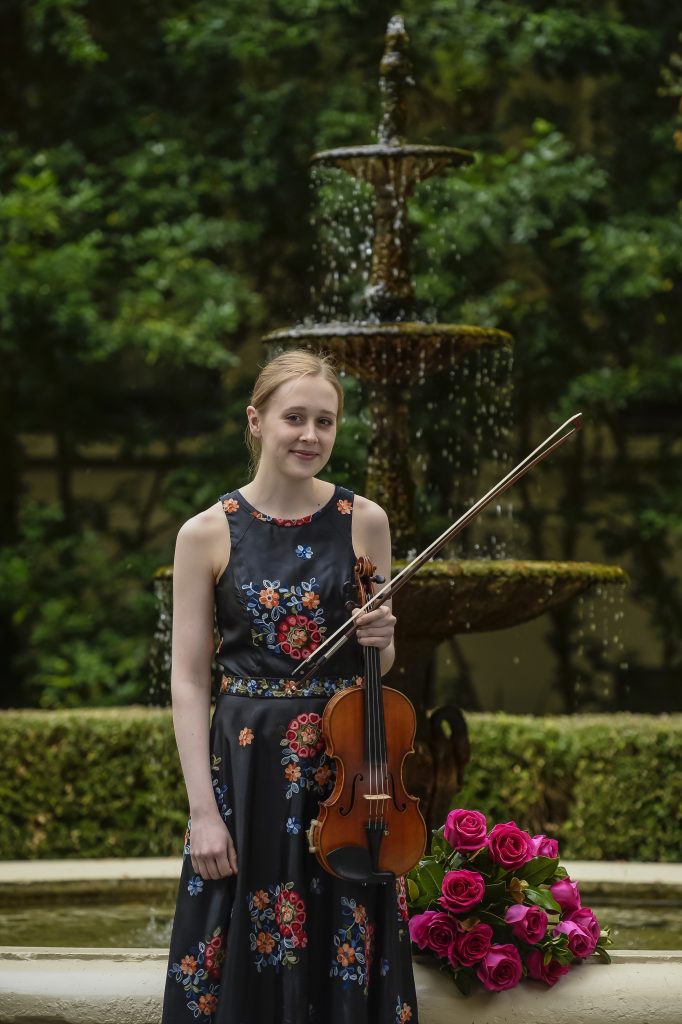
See Grace perform at Faith & Beauty this July

